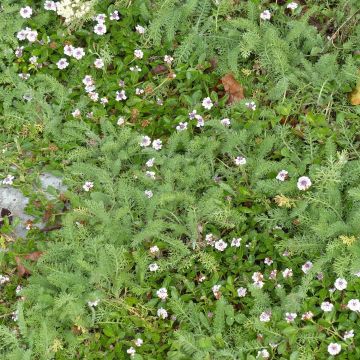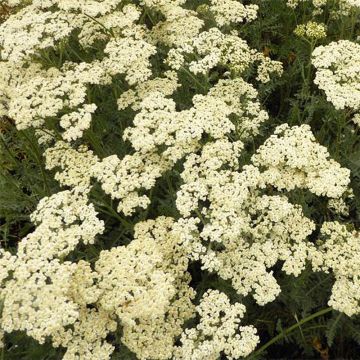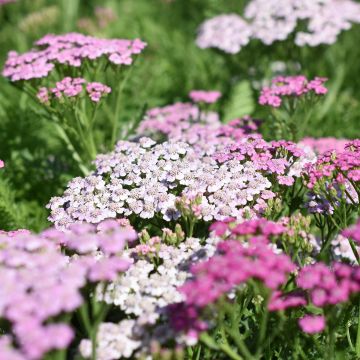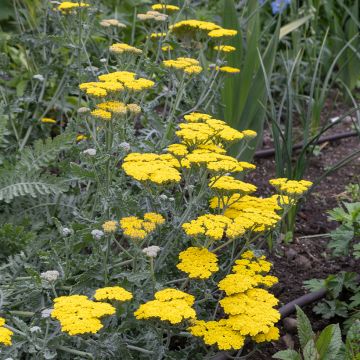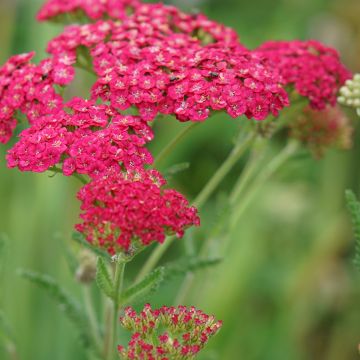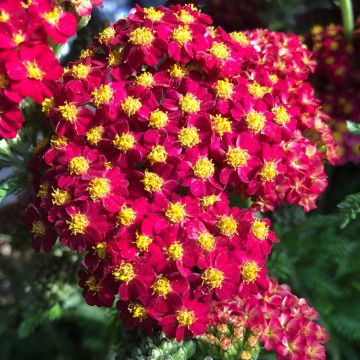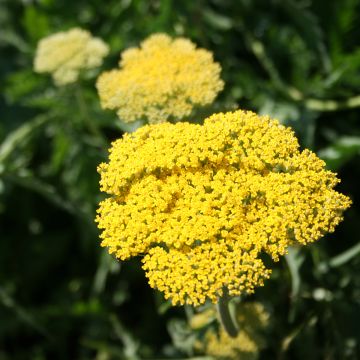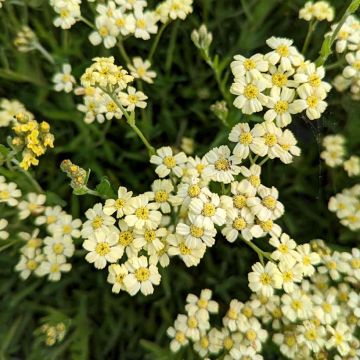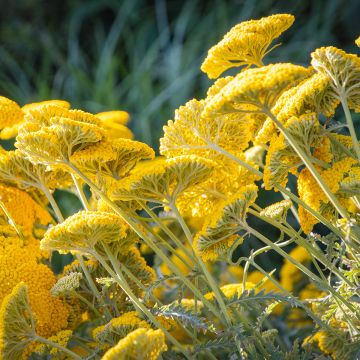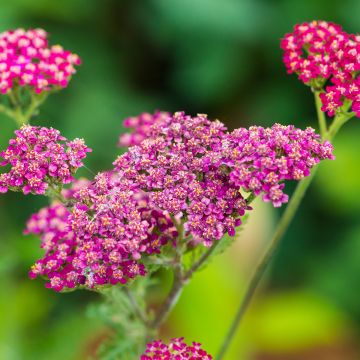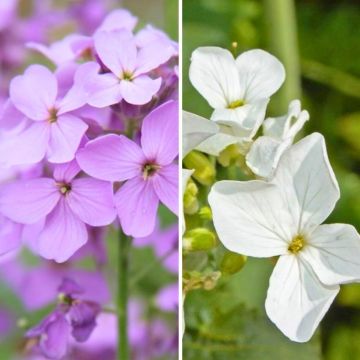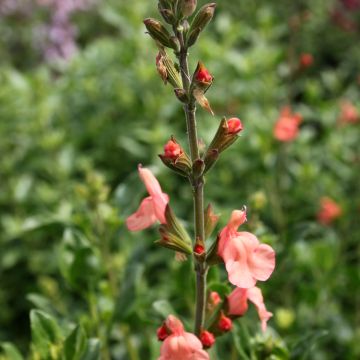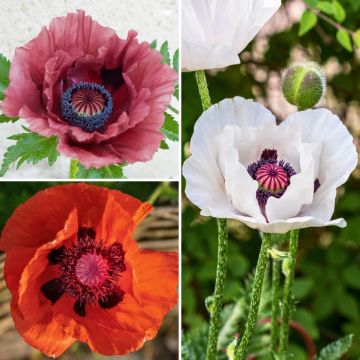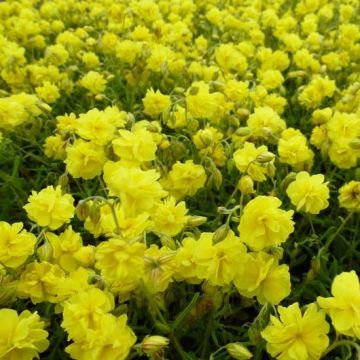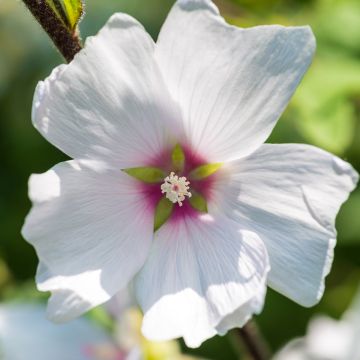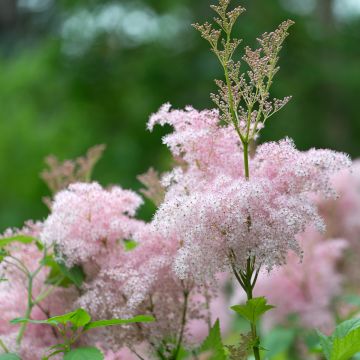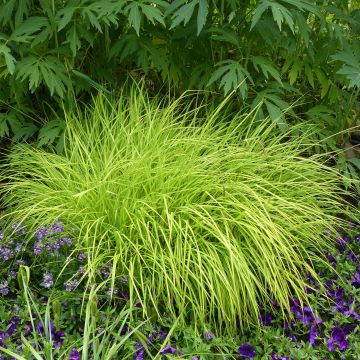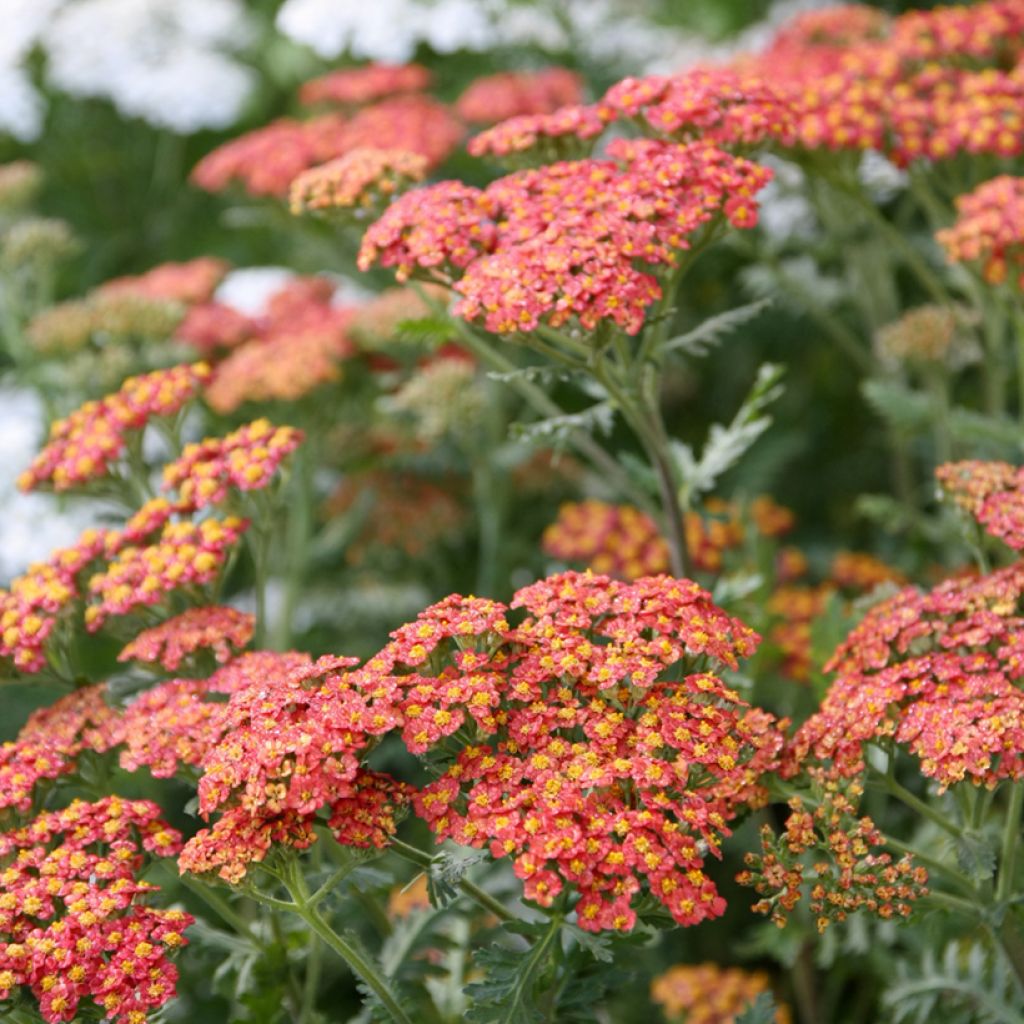

Achillea millefolium Walter Funcke - Yarrow
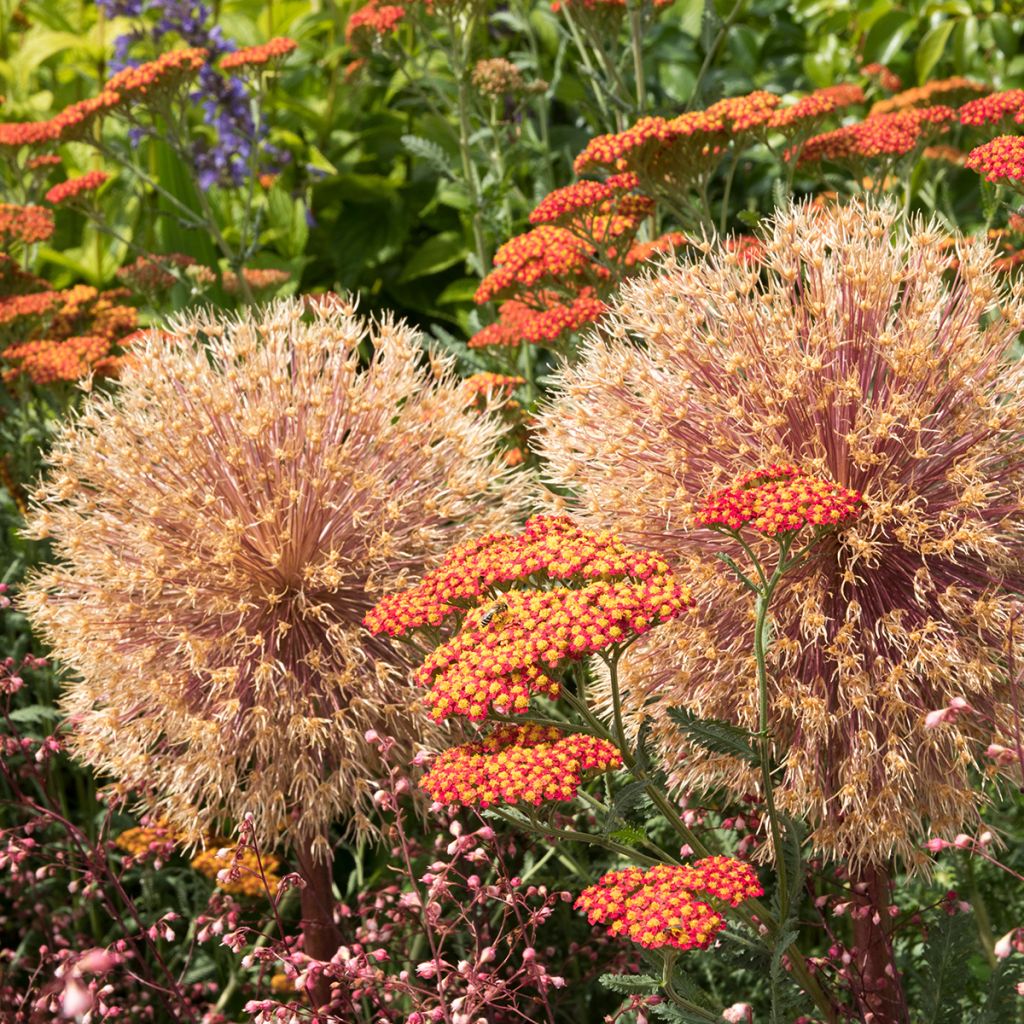

Achillea millefolium Walter Funcke - Yarrow
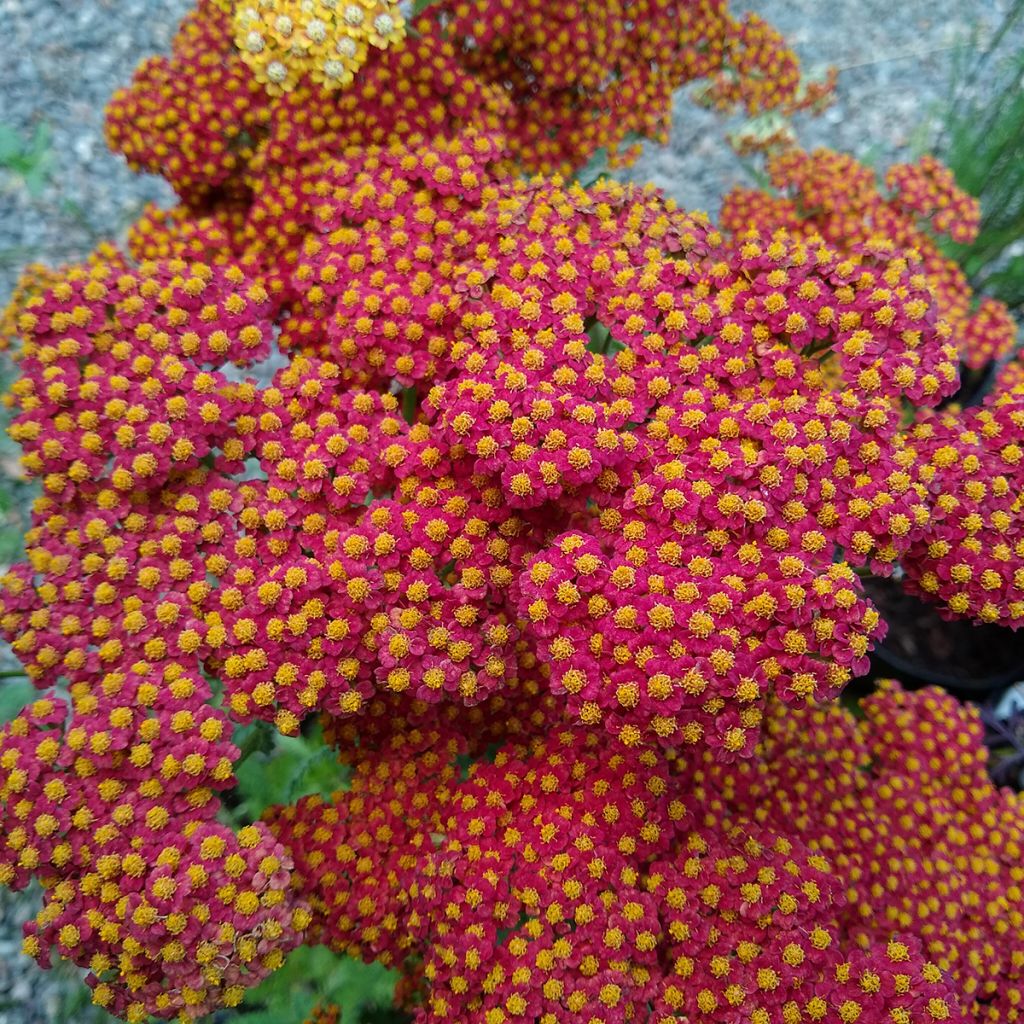

Achillea millefolium Walter Funcke - Yarrow
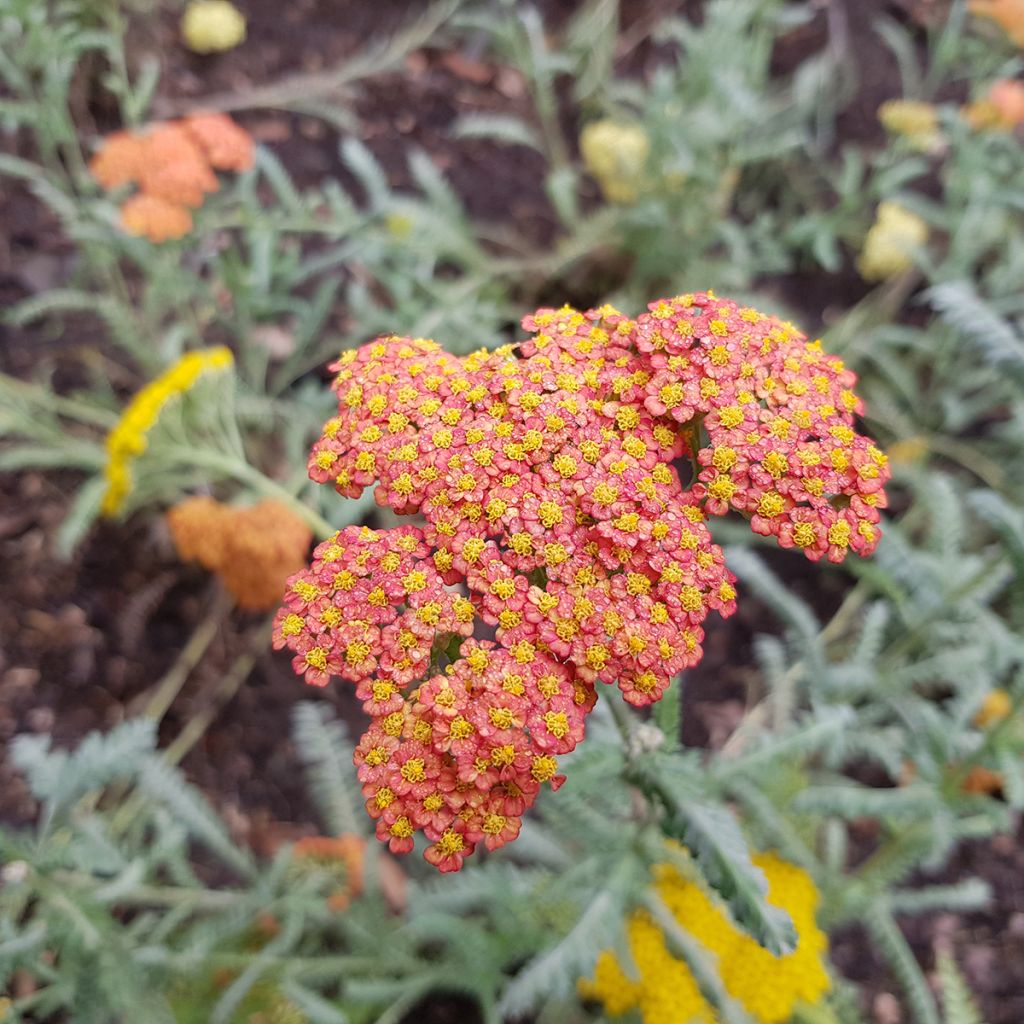

Achillea millefolium Walter Funcke - Yarrow
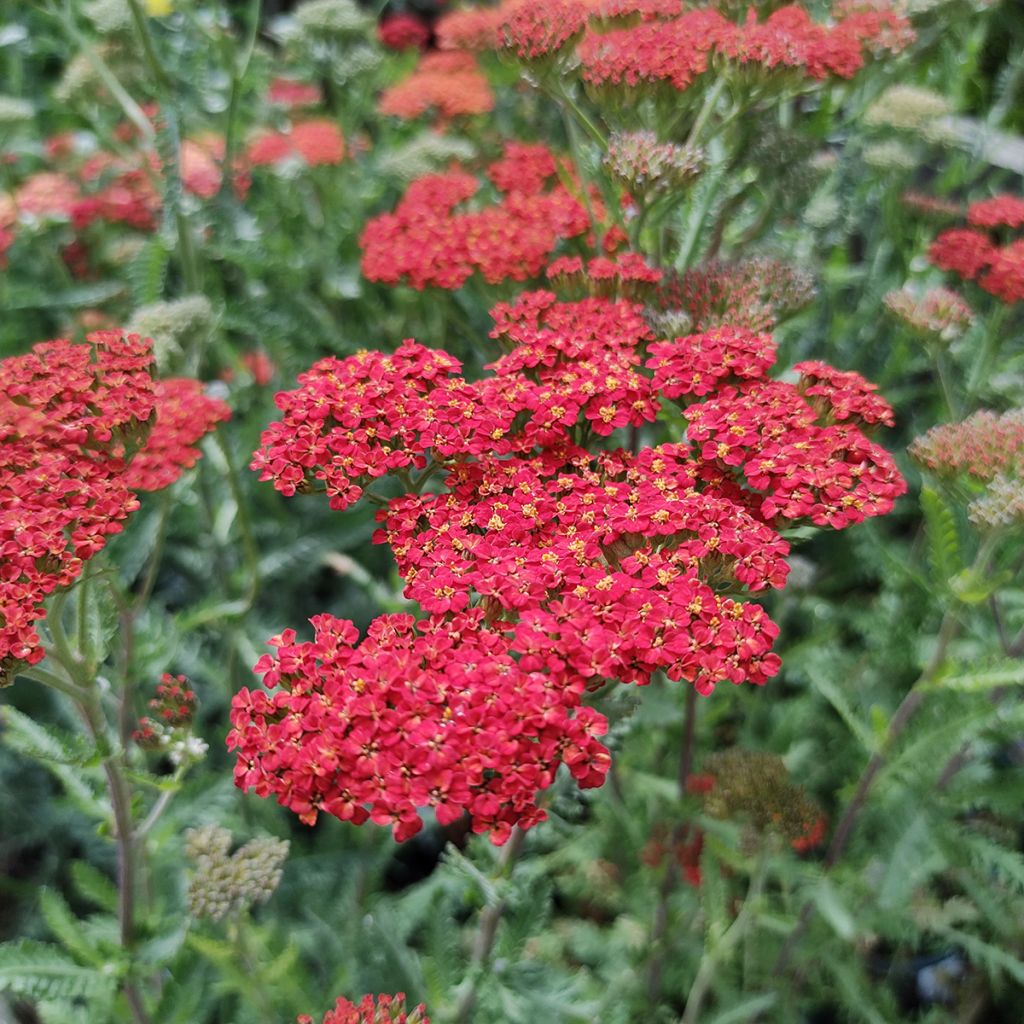

Achillea millefolium Walter Funcke - Yarrow
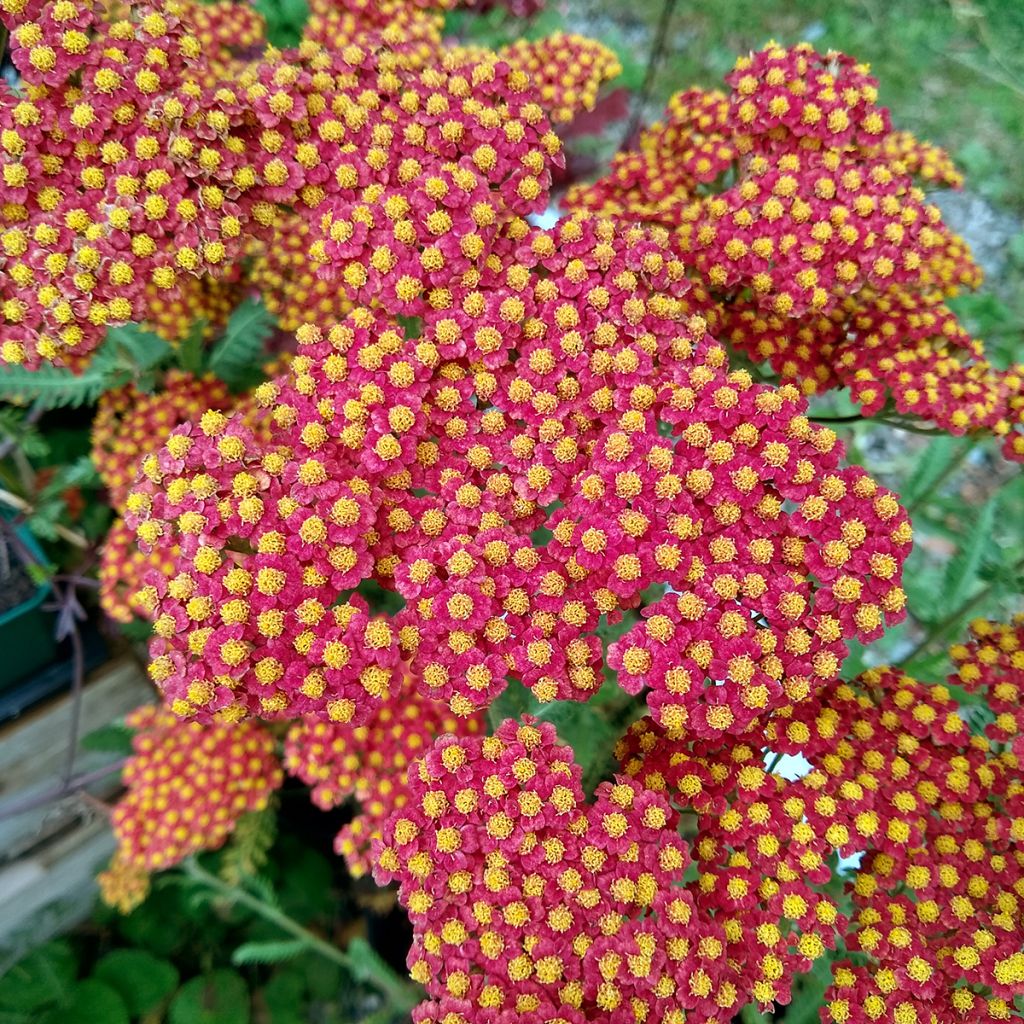

Achillea millefolium Walter Funcke - Yarrow
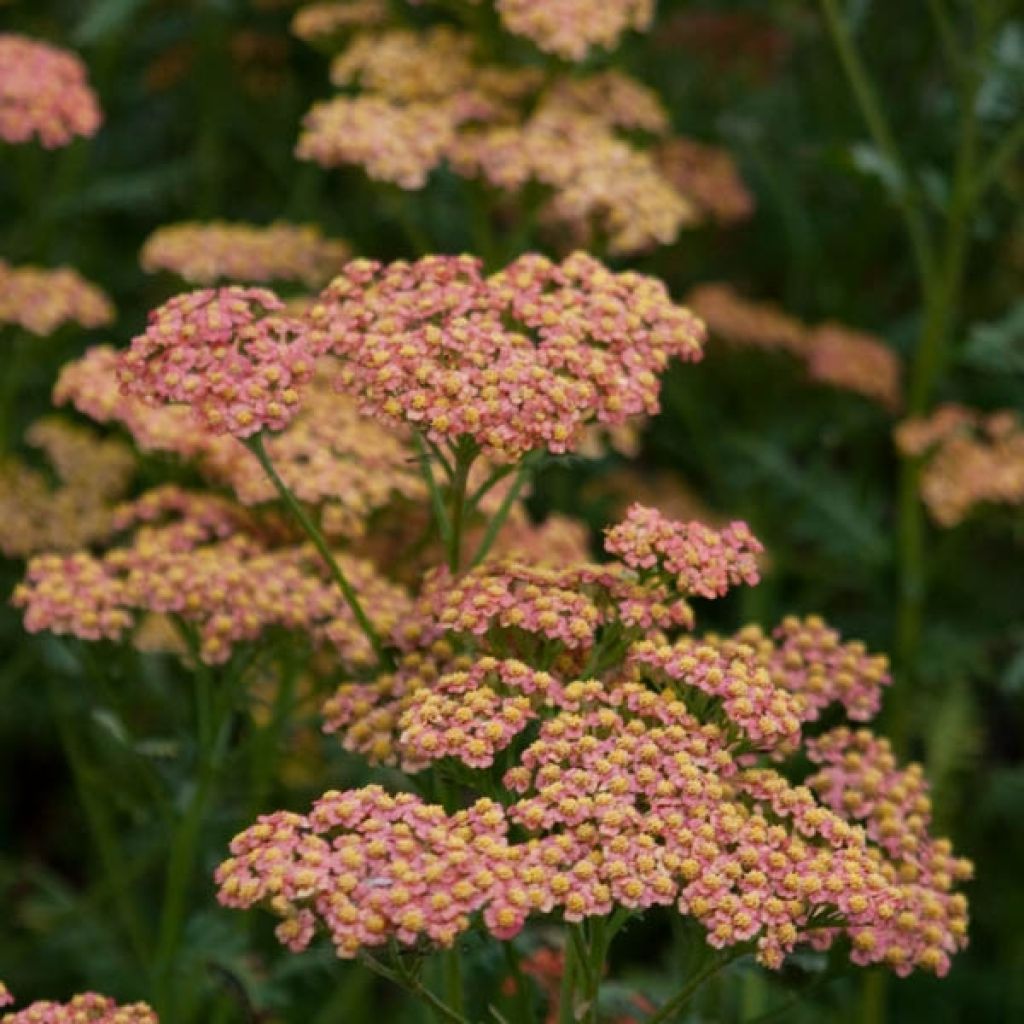

Achillea millefolium Walter Funcke - Yarrow
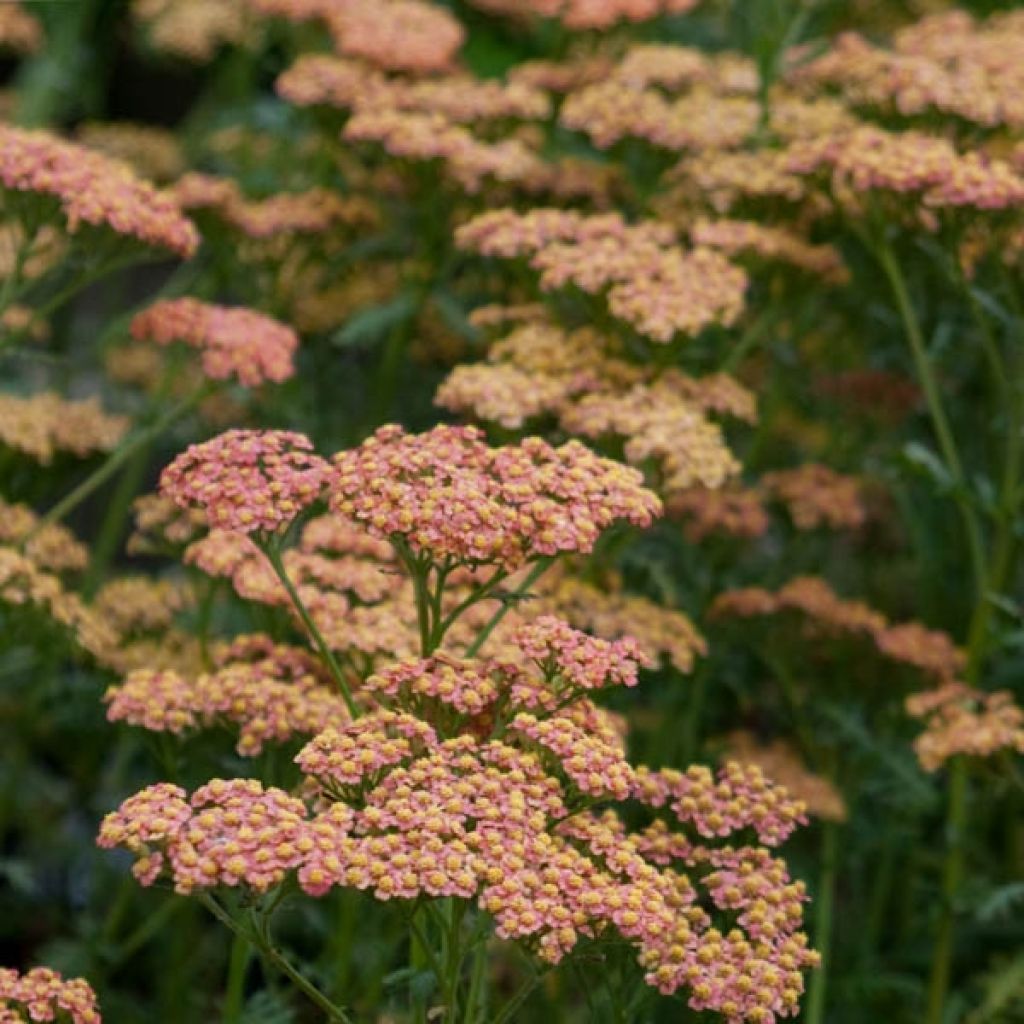

Achillea millefolium Walter Funcke - Yarrow
Achillea millefolium Walter Funcke - Yarrow
Achillea millefolium Walter Funcke
Common Yarrow, Milfoil, Thousand-leaf, Nosebleed plant
All the plants received in this order are very beautiful... I'm delighted.
Myriam, 29/05/2025
Special offer!
Receive a €20 voucher for any order over €90 (excluding delivery costs, credit notes, and plastic-free options)!
1- Add your favorite plants to your cart.
2- Once you have reached €90, confirm your order (you can even choose the delivery date!).
3- As soon as your order is shipped, you will receive an email containing your voucher code, valid for 3 months (90 days).
Your voucher is unique and can only be used once, for any order with a minimum value of €20, excluding delivery costs.
Can be combined with other current offers, non-divisible and non-refundable.
Home or relay delivery (depending on size and destination)
Schedule delivery date,
and select date in basket
This plant carries a 12 months recovery warranty
More information
We guarantee the quality of our plants for a full growing cycle, and will replace at our expense any plant that fails to recover under normal climatic and planting conditions.

Would this plant suit my garden?
Set up your Plantfit profile →
Description
Achillea 'Walther Funcke' is a variety of yarrow with warm and changing tones, magnificent under the sun, from summer to autumn. Above its feathery foliage of a soft green with a touch of grey, beautiful flower heads bloom, gradually transitioning from orange to orange-red, coral, and then brick red, finally turning to peachy yellow and cream, creating a flamboyant cluster. This perennial confidently climbs up unforgiving slopes and colonises wild areas of the garden, sometimes difficult to landscape. Both exuberant and undemanding, this garden staple brings a nostalgic charm to flower beds in all regions.
Yarrow is a perennial, deciduous stoloniferous, very hardy plant, native to Europe and Asia Minor. It develops from spring into a compact and upright clump. It belongs to the family Asteraceae family. 'Walther Funcke' reaches a height of 60 cm when in bloom, with foliage measuring 10 to 20 cm (4 to 8in). It spreads over 50 cm (20in) and more. The inflorescence is a slightly rounded, flattened corymb, about 5-7 cm (2-3in) in diameter. Flowering, which is prolonged, occurs from June to October. The tiny flowers are gathered in heads. Each head has yellow tubular florets in the central disc, while the peripheral florets are ligulate and change colour as they ripen. Together, they create a gradient of different shades ranging from brick red to cream, passing through orange and salmon. The stem is channelled and hairy, with aromatic foliage, finely dissected into strips, feathery in appearance, and sporting a grey-green colour that perfectly enhances the flowers. 'Walther Funcke' yarrow spreads along the ground through stolons, allowing it to colonise large areas.
Achillea 'Walther Funcke' thrives in full sun, poor and well-drained soil. Use it in rock gardens, along the edge of a raised flower bed, for example, paired with Nepeta 'Walker's Low', Kniphofia 'Royal Standard', Stipa tenuifolia, Scabiosa caucasica 'Perfecta', and Pennisetum orientale 'Tall Tails'. With its stolons, it can be used as a ground cover over large areas. It allows you to avoid a high-maintenance lawn by replacing it in less trodden areas. It can tolerate competition from tree roots but does not flower in shade. As it is easy to grow and fairly drought-tolerant, it is perfect for dressing the base of shrub roses or bordering a sunny flower bed.
Medicinal perennial, yarrow has healing, hemostatic, antispasmodic, and tonic properties. Its young shoots can be used in omelettes or salads.
Report an error about the product description
Achillea millefolium Walter Funcke - Yarrow in pictures


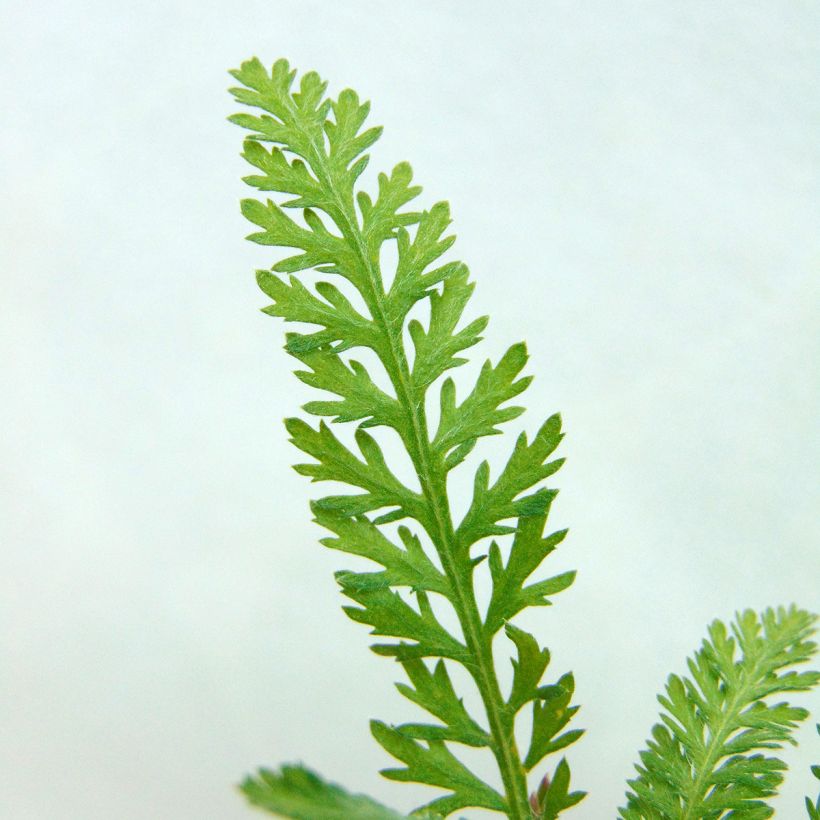

Flowering
Foliage
Plant habit
Botanical data
Achillea
millefolium
Walter Funcke
Asteraceae
Common Yarrow, Milfoil, Thousand-leaf, Nosebleed plant
Cultivar or hybrid
Other Achillea
View all →Planting and care
Achillea millefolium 'Walther Funcke' in pots can be planted all year round, about 5 per square metre in well-worked, well-loosened and well-drained soil. It will grow in any type of soil, even limestone, dry or moist, but well-drained. It even adapts to clayey soils, if they are healthy and fertile. It tolerates partial shade but prefers full sun. Trim faded flowers and cut back all vegetation at the end of the season to encourage the growth of new shoots in spring. Water a little in summer in case of prolonged drought. Divide the clump in spring. Powdery mildew is common for Achillea. Beware of aphid attacks.
Planting period
Intended location
Care
-
, onOrder confirmed
Reply from on Promesse de fleurs
Similar products
Haven't found what you were looking for?
Hardiness is the lowest winter temperature a plant can endure without suffering serious damage or even dying. However, hardiness is affected by location (a sheltered area, such as a patio), protection (winter cover) and soil type (hardiness is improved by well-drained soil).

Photo Sharing Terms & Conditions
In order to encourage gardeners to interact and share their experiences, Promesse de fleurs offers various media enabling content to be uploaded onto its Site - in particular via the ‘Photo sharing’ module.
The User agrees to refrain from:
- Posting any content that is illegal, prejudicial, insulting, racist, inciteful to hatred, revisionist, contrary to public decency, that infringes on privacy or on the privacy rights of third parties, in particular the publicity rights of persons and goods, intellectual property rights, or the right to privacy.
- Submitting content on behalf of a third party;
- Impersonate the identity of a third party and/or publish any personal information about a third party;
In general, the User undertakes to refrain from any unethical behaviour.
All Content (in particular text, comments, files, images, photos, videos, creative works, etc.), which may be subject to property or intellectual property rights, image or other private rights, shall remain the property of the User, subject to the limited rights granted by the terms of the licence granted by Promesse de fleurs as stated below. Users are at liberty to publish or not to publish such Content on the Site, notably via the ‘Photo Sharing’ facility, and accept that this Content shall be made public and freely accessible, notably on the Internet.
Users further acknowledge, undertake to have ,and guarantee that they hold all necessary rights and permissions to publish such material on the Site, in particular with regard to the legislation in force pertaining to any privacy, property, intellectual property, image, or contractual rights, or rights of any other nature. By publishing such Content on the Site, Users acknowledge accepting full liability as publishers of the Content within the meaning of the law, and grant Promesse de fleurs, free of charge, an inclusive, worldwide licence for the said Content for the entire duration of its publication, including all reproduction, representation, up/downloading, displaying, performing, transmission, and storage rights.
Users also grant permission for their name to be linked to the Content and accept that this link may not always be made available.
By engaging in posting material, Users consent to their Content becoming automatically accessible on the Internet, in particular on other sites and/or blogs and/or web pages of the Promesse de fleurs site, including in particular social pages and the Promesse de fleurs catalogue.
Users may secure the removal of entrusted content free of charge by issuing a simple request via our contact form.
The flowering period indicated on our website applies to countries and regions located in USDA zone 8 (France, the United Kingdom, Ireland, the Netherlands, etc.)
It will vary according to where you live:
- In zones 9 to 10 (Italy, Spain, Greece, etc.), flowering will occur about 2 to 4 weeks earlier.
- In zones 6 to 7 (Germany, Poland, Slovenia, and lower mountainous regions), flowering will be delayed by 2 to 3 weeks.
- In zone 5 (Central Europe, Scandinavia), blooming will be delayed by 3 to 5 weeks.
In temperate climates, pruning of spring-flowering shrubs (forsythia, spireas, etc.) should be done just after flowering.
Pruning of summer-flowering shrubs (Indian Lilac, Perovskia, etc.) can be done in winter or spring.
In cold regions as well as with frost-sensitive plants, avoid pruning too early when severe frosts may still occur.
The planting period indicated on our website applies to countries and regions located in USDA zone 8 (France, United Kingdom, Ireland, Netherlands).
It will vary according to where you live:
- In Mediterranean zones (Marseille, Madrid, Milan, etc.), autumn and winter are the best planting periods.
- In continental zones (Strasbourg, Munich, Vienna, etc.), delay planting by 2 to 3 weeks in spring and bring it forward by 2 to 4 weeks in autumn.
- In mountainous regions (the Alps, Pyrenees, Carpathians, etc.), it is best to plant in late spring (May-June) or late summer (August-September).
The harvesting period indicated on our website applies to countries and regions in USDA zone 8 (France, England, Ireland, the Netherlands).
In colder areas (Scandinavia, Poland, Austria...) fruit and vegetable harvests are likely to be delayed by 3-4 weeks.
In warmer areas (Italy, Spain, Greece, etc.), harvesting will probably take place earlier, depending on weather conditions.
The sowing periods indicated on our website apply to countries and regions within USDA Zone 8 (France, UK, Ireland, Netherlands).
In colder areas (Scandinavia, Poland, Austria...), delay any outdoor sowing by 3-4 weeks, or sow under glass.
In warmer climes (Italy, Spain, Greece, etc.), bring outdoor sowing forward by a few weeks.






























